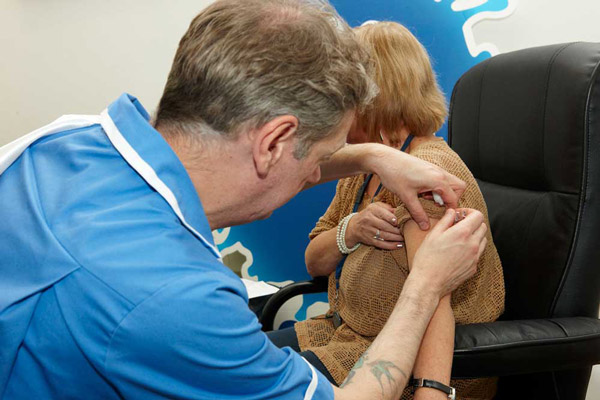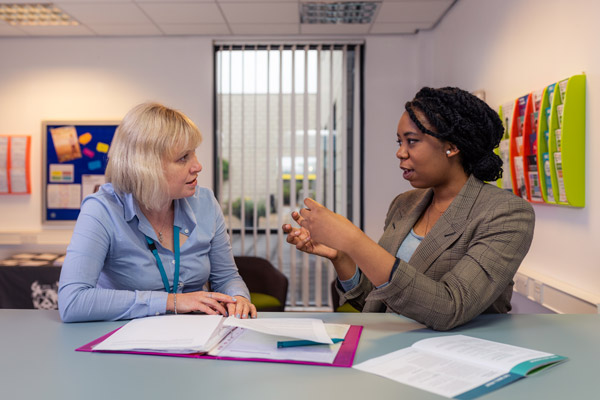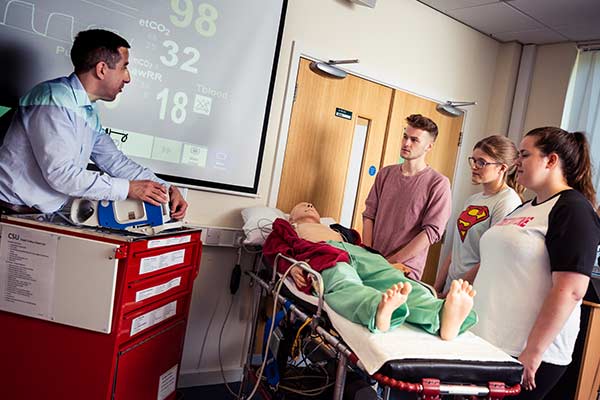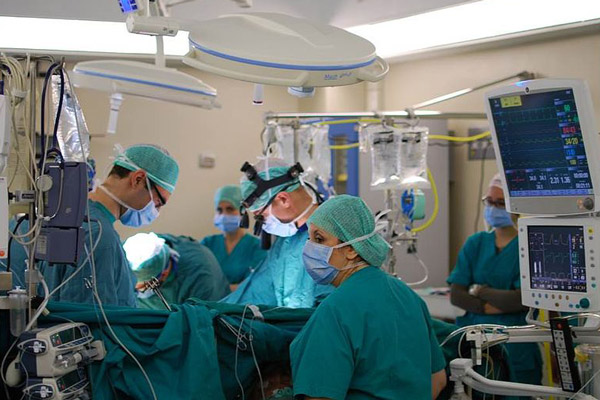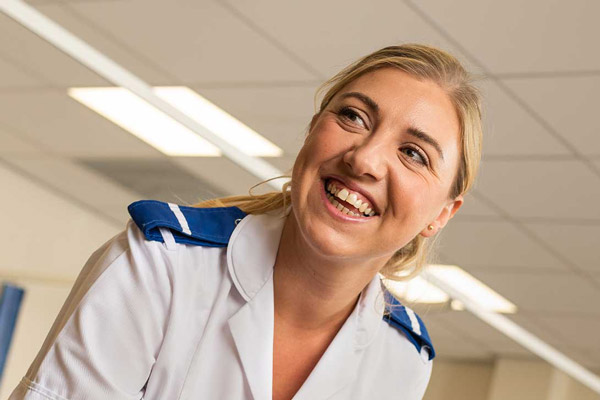Congratulations on your offer to study with us! As a student here, you'll learn from people with expertise in all sorts of specialisms. We wanted to give you the chance to get to know one of them better.
Jess Powell leads the BSc and integrated Masters in Nursing. She qualified as a nurse in 1999, and specialised in cardiothoracics, coronary care and cardiac rehabilitation. Her teaching focuses primarily on clinical skills, cardiology and professional development.


